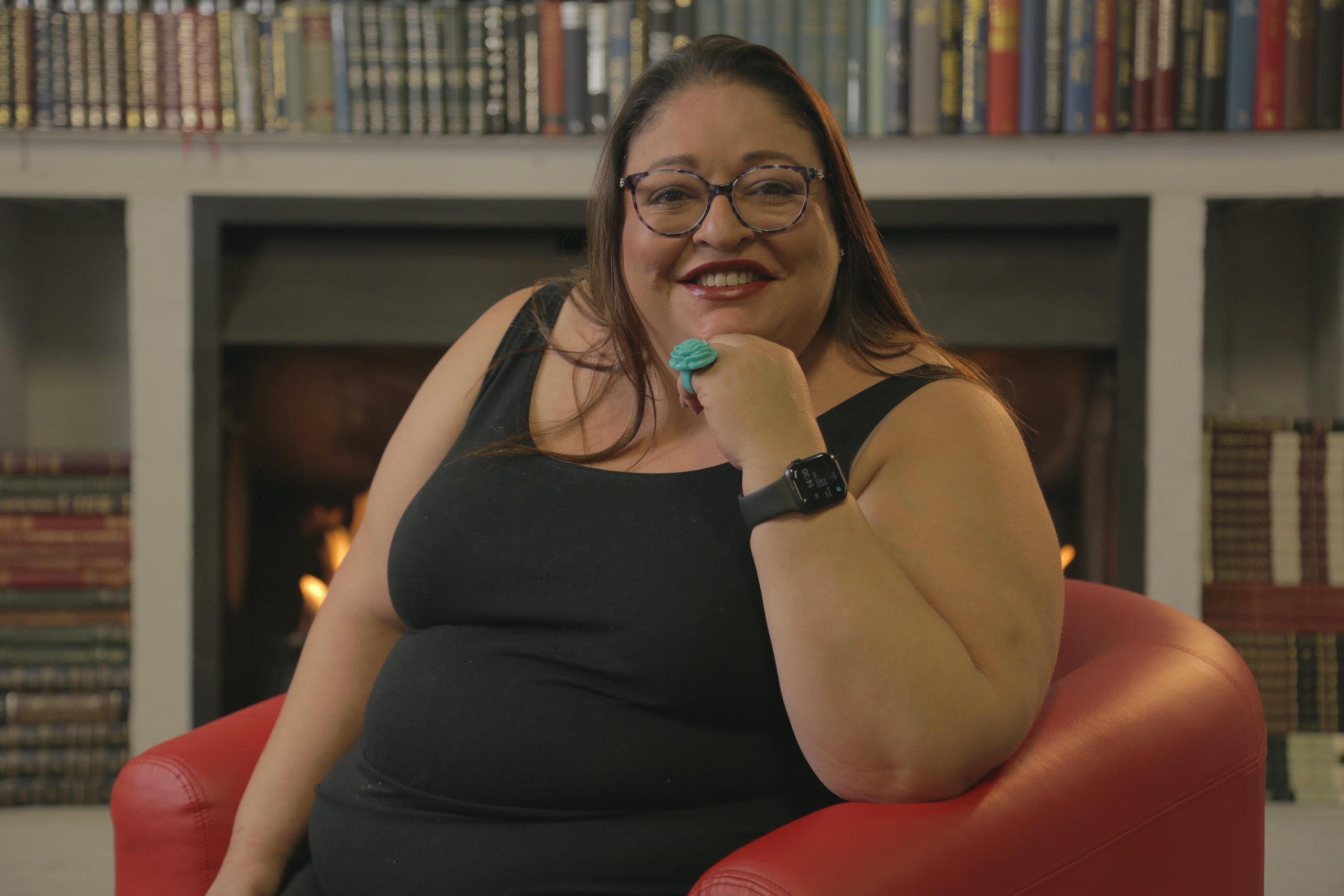In the fast-paced landscape of marketing, one trend is poised to take centre stage in 2024 – Inclusive Marketing. As the world becomes more interconnected, diverse, and conscious, agencies are recognising the imperative to reflect these values in their strategies. Veronica Moleele, CEO of Penquin, an integrated advertising agency, explains that Inclusive Marketing goes beyond token gestures; it’s about authentically embracing diversity in all its forms. Veronica adds that Inclusive Marketing is set to be a major trend in 2024 and explains how agencies can navigate this transformative shift.

What Exactly Is Inclusive Marketing?
Inclusive Marketing is a comprehensive approach that ensures diverse representation and thoughtful engagement with all customer segments. It goes beyond traditional demographic categories, acknowledging the richness of varied perspectives, backgrounds, abilities, and lifestyles. Veronica explains, “Agencies and brands that embrace Inclusive Marketing look to create campaigns, content, and experiences that resonate with and form deeper connections with their diverse audience.”
Why Is Inclusive Marketing A Hot Topic In 2024
Veronica explains that in 2024, consumers are more discerning than ever, craving authentic connections with brands that mirror their experiences. Inclusive Marketing recognises the power of representation, understanding that consumers want to see themselves reflected in advertisements, product imagery, and overall brand narratives. “This isn’t just about checking boxes; it’s about telling diverse stories that resonate with authenticity,” she says.
Veronica adds that Gen Z is a driving force behind this trend and forming connections with this younger audience is going to be incredibly beneficial for brands in the long term. “Brands that align with Gen Z values are more likely to build lasting relationships. In 2024, we can expect an even more pronounced shift towards Inclusive Marketing as brands recognise the purchasing power and influence of this generation,” she says.
Another major player in the rise of Inclusive Marketing is the idea that as the world gets more interconnected, many brands are now operating on a global scale which means that navigating cultural sensitivities is crucial. This brings up a point around accessibility and universal design. “Brands will need to prioritise universal design principles, ensuring that their content and experiences are accessible to individuals of all abilities,” Veronica explains.
Finally, giving a platform to underrepresented voices remains an important marketing objective – and we see this clearly here in South Africa. “This may involve collaborations with influencers and creators who bring unique perspectives or featuring diverse stories in marketing campaigns,” Veronica adds. “By doing so, brands not only diversify their content but also contribute to a more inclusive media landscape.”
Putting Inclusive Marketing To Work
Veronica explains that to authentically capture diverse experiences, it’s crucial to have diverse voices contributing to the creative process. “Agencies will continue to actively seek diversity in their creative teams, ensuring that a variety of perspectives shape marketing strategies.”
Audience research will be another major player in Inclusive Marketing campaigns to get a deeper understanding of the target audience being spoken to. Collaborations and partnerships with other organisations, influencers and creators will also be a key approach to bring authenticity to campaigns and help brands connect with niche audiences.
Additionally, language and imagery will play a pivotal role in Inclusive Marketing this year. “It’s important that language used throughout a campaign is inclusive and avoids perpetuating stereotypes,” Veronica says. “Thoughtful use of language and imagery can contribute significantly to creating a more welcoming brand environment.”
As 2024 kicks off, Inclusive Marketing emerges as a transformative trend that reflects not just the evolution of the marketing landscape but the cultural shifts occurring globally. “Brands that embrace Inclusive Marketing are not just meeting consumer expectations; they are actively contributing to a more equitable and understanding society,” Veronica shares. As diversity becomes the norm, brands that authentically connect with the varied experiences of their audience will forge stronger relationships, foster loyalty, and lead the way in shaping a marketing landscape that truly celebrates the richness of humanity.

